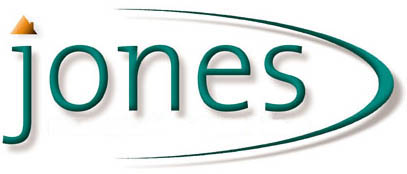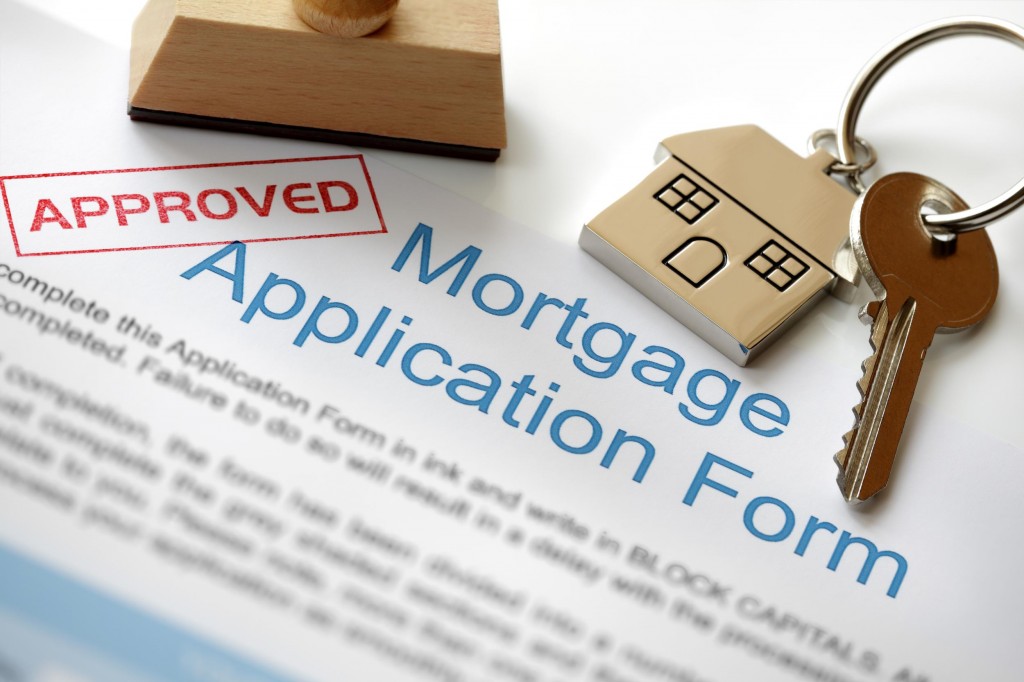

 Buy-to-let is a popular investment but with recent tax changes, changes in the rental market and the cost of buy-to-let mortgages higher than conventional mortgages, it is more important than ever to do your research.
Buy-to-let is a popular investment but with recent tax changes, changes in the rental market and the cost of buy-to-let mortgages higher than conventional mortgages, it is more important than ever to do your research.
Buy-to-let is a property which is purchased on order to let out and produce a rental return and an additional income stream. The property can also grow in value, producing a taxable capital gain when you sell.
The rental income on a buy-to-let property should typically cover:
■ the monthly mortgage payments
■ expenses, typically building insurance, repairs, legal requirements(Landlord's Annual Gas Safety) and any letting agent’s fees.
■ Buy-to-let and tax implications.
■ Purchasing Costs eg.Solicitors Fees, Stamp duty (3% of purchase price).
However, this tax relief is being reduced and will be capped at 20%. The new measure is being phased in over three years from 2017.
Wealthier, higher tax paying landlords will therefore be the most affected. Experts warn that landlords could be up to £2000 per year worse off, based on typical rents. Cash buyers and investors in 20% tax band least affected.
Typical Lending Criteria for Buy to Let:
■ the amount you can borrow is based on how much rent the property can generate versus the cost of the mortgage. Typically, lenders will want your expected rental income to meet at least 125 - 140% of the monthly interest payments on the loan.
■ Most Buy-to-let lenders may also require you to have a minimum salary, typically £20,000-£25,0000.
■ Buy-to-let mortgage interest rates are higher than standard mortgages due to the greater risk involved.
■ The minimum deposit is generally 25% of the purchase price and the cheapest deals require a larger deposit of 40% or more.
■ Arrangement fees can be higher than on a conventional mortgage. These are sometimes calculated as a percentage of the amount you borrow, rather than a flat fee.

Before buying a property to let, the first thing you should do is speak to a LOCAL High Street Estate Agent and Letting Agent explaining that you are potentially looking to buy a property to let in their area, and ask them for their advice. They will generally give you guidance on demand for the area, the type of tenants you would be targeting, potential void periods and expected rental income. A good local agent will often give you nuggets of incredibly useful information that you simply may not discover by any other means. LOCAL knowledge is vital, particularly if you are not fully knowledgable on the area you are looking to purchase.
The returns would often appears to be significantly higher than Rental Yield as this is based on a small investment by you.
Put simply, the ROI is based on the rental income divided by your deposit. EG. Rental Income of £5,000 per annmum on a purchase price of £100,000 and a deposit of £25,000 would give a return of 20%. Please note that this figure is not used by Lenders, it is a simple guide to potential returns and does not take into account many factors including void periods, expenditure, taxation etc.
In its simplest form, this is calculated by dividing the annual rental income by the purchase price, then multiplying by a 100, to give the gross rental yield as a percentage.
For example, annual rent of £7200 divided by purchase price, £145,000 multiplied by 100 gives a gross yield of 4.9%. If you don’t know what the rental income will be, ask the local letting/estate agent who is advertising the property. Again, this is a simple guide to potential returns and does not take into account many factors including void periods, expenditure, taxation etc.
■ The additional costs charged by Professonal Letting Agents.
■ How will you advertise your property to suitable tenants ?
■ How will you process an application from your tenants ? This may become vital later if you have problem tenants.
■ If the property is not local to you, how will you ensure the maintenance is done to standard ?
■ How will you conduct property inspections and safety checks ?
■ How will you conduct property viewings with potential tenants ? If you have far to travel, consider many viewers do not attend thereby costing you more.
■ Are you aware of the latest legislation ? You would need to ensure your knowledge is up to date with the frequent changes is law.
■ Are you able to deal professionally with problem tenants, rent arrears, property maintenance and possibly evictions ?
■ How will you record your repairs that you have conducted ?
Things to consider when finding a property can include
■ Local Transport. Many people travel to work and the best buy-to-let investments are generally those within a fifteen minute walk of a bus, train or tube station.
■ Find a property to suit local demand. Is there a large employer close-by eg. A Hospital where staff will often choose to rent as their work can often be a limited term contract.
■ Resale property is generally larger and cheaper to buy than new build. You may choose to factor in a conversion, eg. splitting floors into apartments/flats.
■ Be wary of buying into an area with many other buy to let investors. Too many properties available to let at the same time, means rents could fall or worse still long void periods. It can also make selling more difficult.
■ Student properties - consider that fact that returns may be higher, but you may need to factor in reduced/no rent during non-term times.
■ Consider Family Properties. Those properties with 2 or more bedrooms with gardens will be of a particular interest to growing families. If these tenants have space to expand, then they will not need to move as their family grows. These tenants are typically likely to stay much longer thereby reducing the void periods.
■ Be aware of the recent changes to the Tenant Fee Ban. This includes how you can take a Security Deposit and the security deposit limits and also how you cannot charge for any references undertaken. This will be at your own expense. You should also be aware that this may also affect other properties that you may already have tenants in residence.
■ Contracts – You must provide your tenant with a tenancy agreement. Lenders will generally insist on an AST (Assured Shorthold Tenancy). This gives tenants the legal right to live in the property for a fixed period or a rolling term.
■ Right To Rent – All landlords are now responsible for checking their tenants have the right to rent in the UK. Give every tenant a copy of the Government’s How to Rent booklet.
■ Tenancy Deposit Protection – Protect your tenant’s deposit in government backed schemes such as DPS (Deposit Protection Service), TDS (Tenancy Deposit Scheme) or mydeposits. Give your tenant details of where their deposit is protected. You should also provide details of the Scheme Terms and Conditions.
■ Gas and Electrics – Check gas appliances once a year using a gas safe registered tradesman and give tenants a copy of the safety certificate (CP12).Wiring and electrical appliances also need to be checked regularly.
■ Energy Performance Certificate – Your property must have an up to date EPC before it can be marketed and you must give a copy to your tenant. An EPC is valid for ten years. Get quotes for an EPC here
■ Fire – Furniture and soft furnishings must pass fire safety regulations. Check for fire retardant labels.
■ Fire alarms have to be fitted, tested and shown to be working on the first day of the tenancy. These should be installed on each floor where the tenants will occupy.
■ Fit a carbon monoxide alarm in any room with gas appliances. It is a legal requirement to have one installed where there is a solid fuel appliance. Again, this should be shown to be working at the commencement of the tenancy.
■ Property Inventory - It is vital that a Check-In and Check-Out Inventory is completed to demonstrate the condition of your property at the commencement and ending of the tenancy.